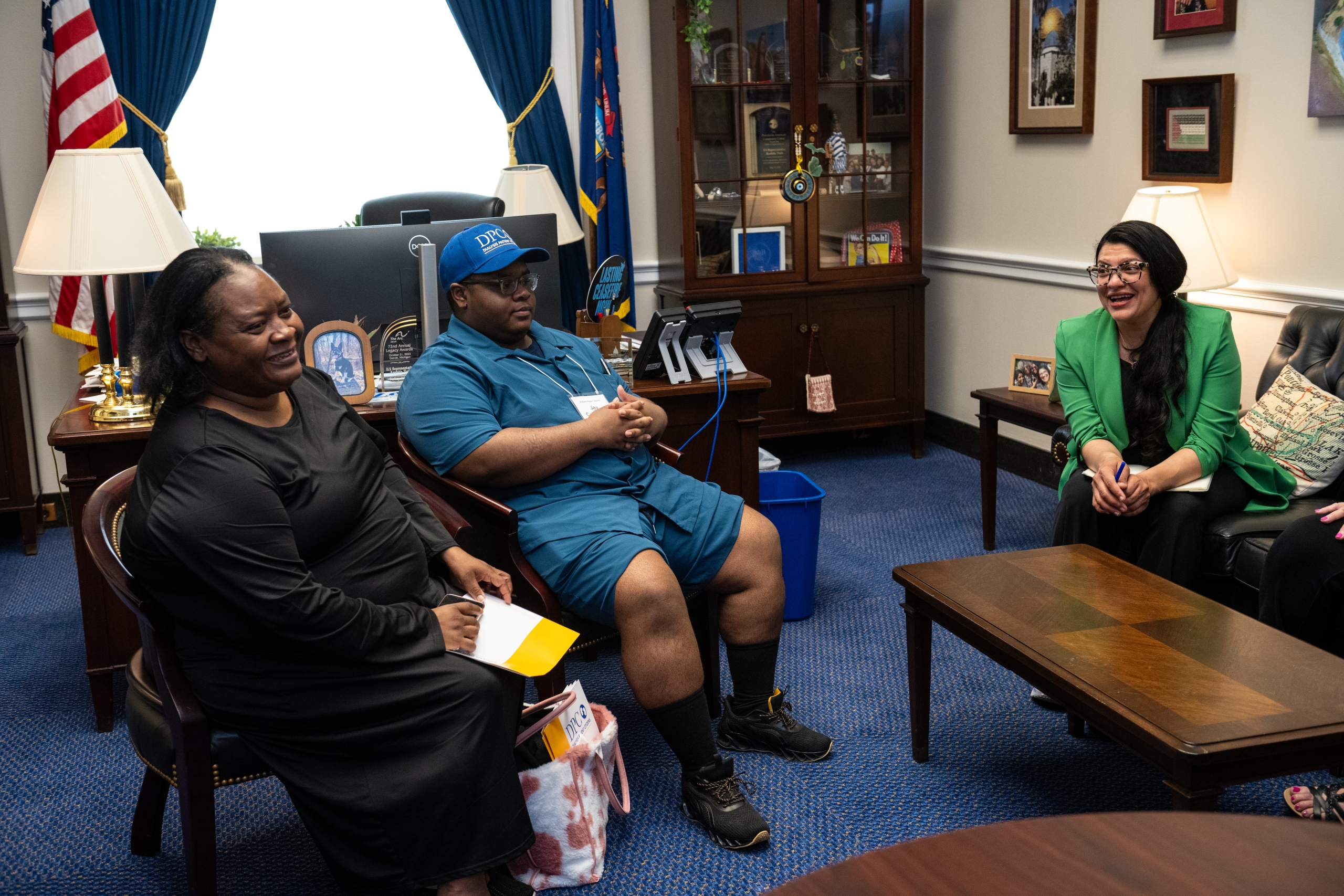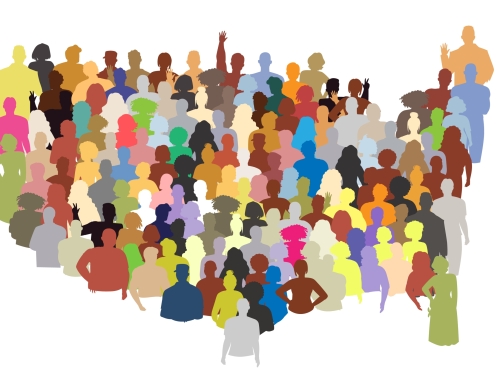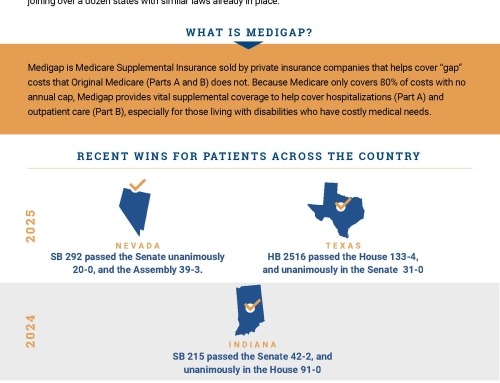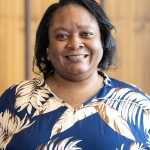
Quiana Bishop, DPC Board President
When my father was diagnosed with End-Stage Renal Disease (ESRD), our family stepped into unfamiliar territory. We didn’t know what it meant, how to help, or even what questions to ask. We learned fast – but we learned through fear, frustration, and love. Today, I share our journey not just to honor him, but to help others avoid that helplessness and find hope sooner.
My mother became the caregiver overnight. One minute she was his partner; the next, she was managing medications, appointments, and emotions that none of us had language for. The strength she showed was quiet but immense. My dad wasn’t one to share details – maybe it was his way of protecting us. But I could tell something wasn’t right. The strength he’d always worn like armor started to crack around the edges.
I was already managing my own chronic conditions – diabetes and hypertension diagnosed at 19 while at Michigan State University. College was supposed to be my leap into adulthood, but suddenly I wasn’t just managing class schedules – I was counting carbs, injecting insulin, remembering blood pressure pills. My independence didn’t disappear, but it got redefined.
Before the diagnosis, my weekends looked like any other nineteen-year-old’s – spontaneous bar nights, too much pizza and not enough sleep. Afterward, everything changed. I stopped drinking and smoking, spent nights studying and resting. To my friends, I’d become the boring one. But I was planting seeds for the kind of future I knew I deserved.
When my dad developed diabetes, it was my turn to show up. He leaned on me for guidance – asking about medications, meal plans, blood sugar management. Those phone calls became threads tying us together across generations of struggle and strength. For years, he’d been my provider, my protector. Now I had the chance to be that for him.
For my dad, food was art and affection. He was a gourmet chef who poured love into every meal. But managing both kidney disease and diabetes disrupted that rhythm. Meals became equations, ingredients became risks. Even through that struggle, he still tried to make sure we were fed – emotionally, spiritually.
The kidney transplant felt like a second chance. My dad went through intense surgery and came out hopeful. But that vision slipped away when he caught what seemed like a simple cold that spiraled into an infection his body couldn’t fight off. After all the battles he’d endured, that’s what claimed him.
As a single mother, I am my son’s constant – his everyday guide, protector, and source of comfort. Even through my health battles and 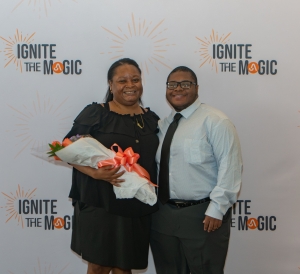 grief, I’ve remained steady for him. Because when you’re the lighthouse, you can’t afford to go dark.
grief, I’ve remained steady for him. Because when you’re the lighthouse, you can’t afford to go dark.
The proudest moment of his life was not just walking across a stage – it was reclaiming it. After battling depression and anxiety during COVID, he walked across the stage at Michigan State University with his classmates, diploma in hand. I was in the crowd, dialysis-weary but determined. When I screamed his name, it wasn’t just pride – it was the sound of survival, of legacy, of love. He told me: “I got my strength from you.”
I didn’t step into the kidney community alone. My mother urged me to be around people who understood the same struggle. Joining Dialysis Patient Citizens (DPC) as an ambassador was a turning point. I found purpose in advocacy, connection in community, and healing in sharing my voice. It saved me from my own darkness.
I wrote an essay about my journey that was selected, sending me to Washington, D.C., representing Michigan alongside other advocates. I went from feeling voiceless to being a voice for all those patients navigating the same struggle in silence.
Being voted Vice President of the Board of Directors for DPC marked a new chapter. I’ve grown from patient to advocate to leader, guided by the truth that our voices matter.
After one of my speaking engagements, my son hugged me and said, “I’m so proud of you, Mom. You’re making me believe I can fight not only for my truth, but for others who can’t fight for themselves.” My son is transgender, and I knew what all this had led to: not just my voice being heard, but his. I became an advocate for every soul who thinks their truth is too heavy to carry.
My son goes everywhere with me, keeping a watchful eye. When he watches me speak to ESRD patients, caregivers, and legislators, I see something shift in him. He’s absorbing the courage, conviction, and compassion. I’m not just teaching him how to advocate – I’m showing him how to love with action.
One day, I’ll leave this earth with peace in my heart, knowing the kind of man my son will be. I’ve raised him to be transparent, strong, kind, humble, and honest. He carries those values forward, and with that, I know my legacy is intact.
I’m not just surviving. I am showing people what purpose looks like in the face of hardship, what advocacy rooted in real life feels like, what motherhood powered by faith and resilience can build.

